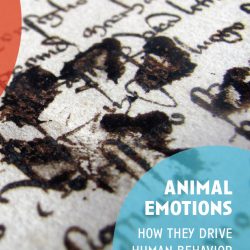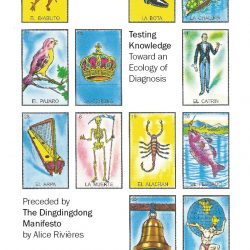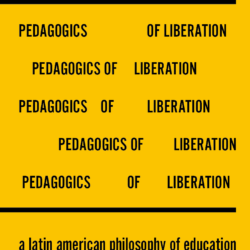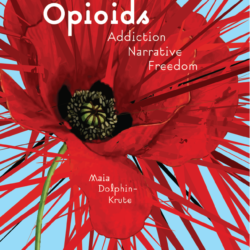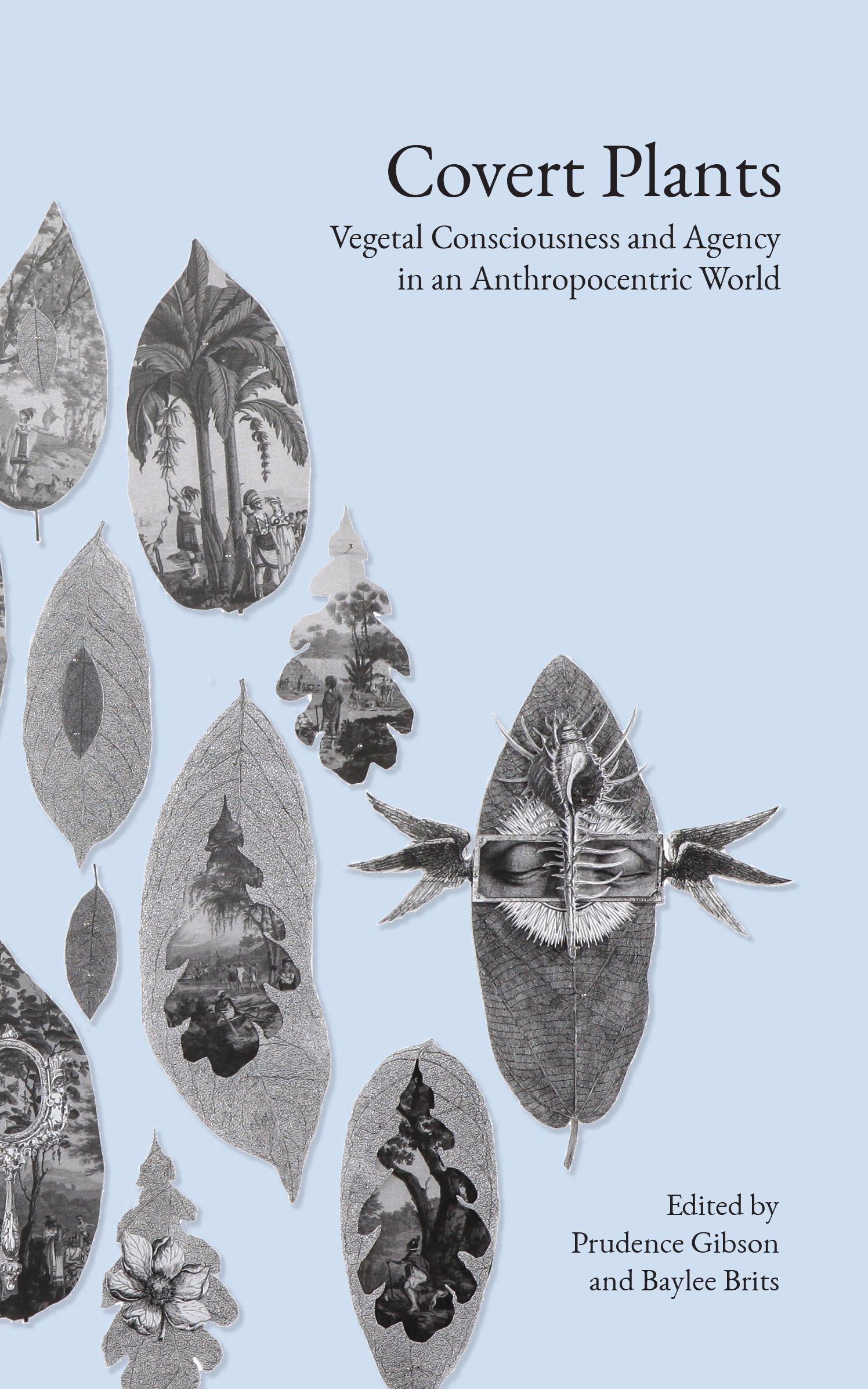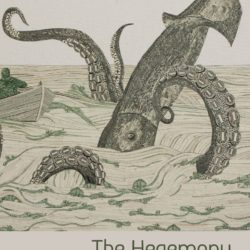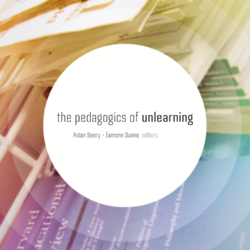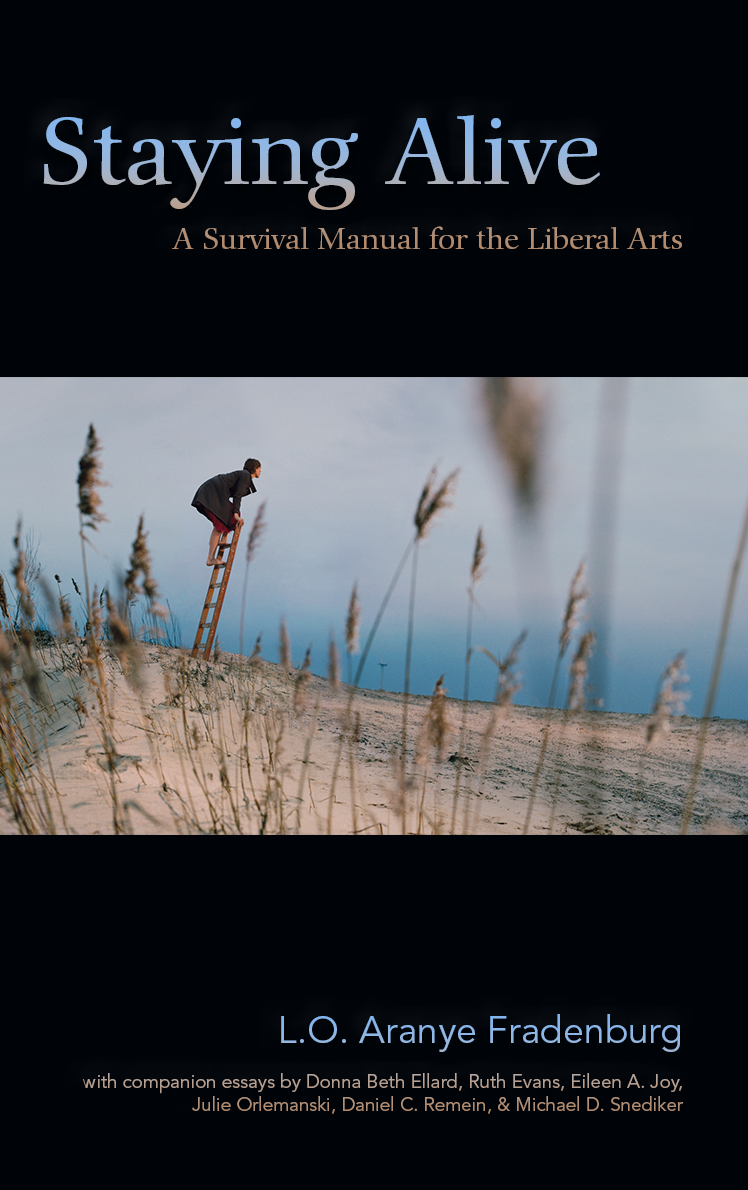Animal Emotions: How They Drive Human Behavior
Imprint: Brainstorm Books
Published: 06/18/2020
Animal Emotions: How They Drive Human Behavior gives a concise overview of ancient mammalian emotions deeply rooted in the human brain. Jaak Panksepp, a world-renowned neuroscientist, dedicated his life career to the study of mammalian emotions and he carved out seven distinct emotional systems he called seeking, lust, care, and play (positive emotions), and fear,[…]

